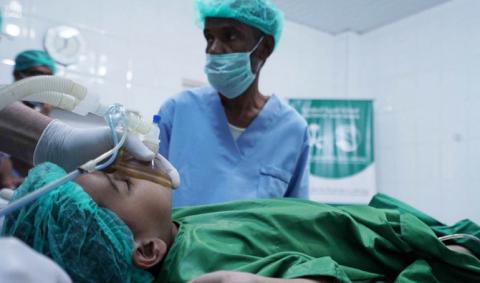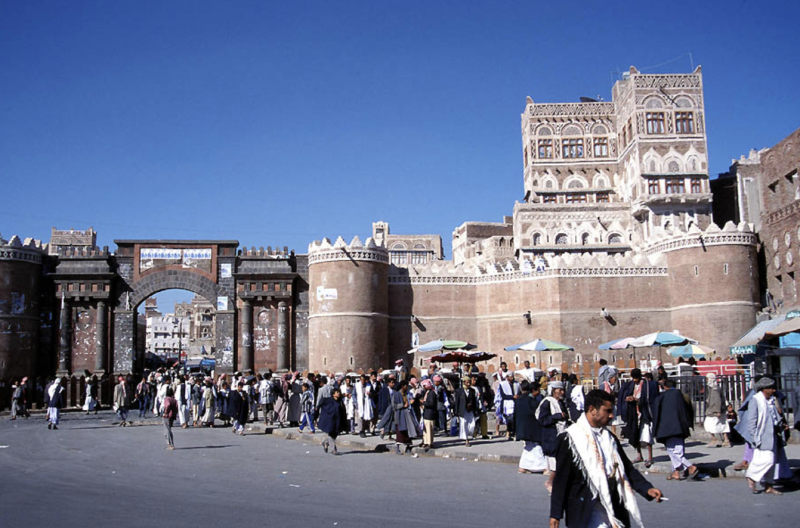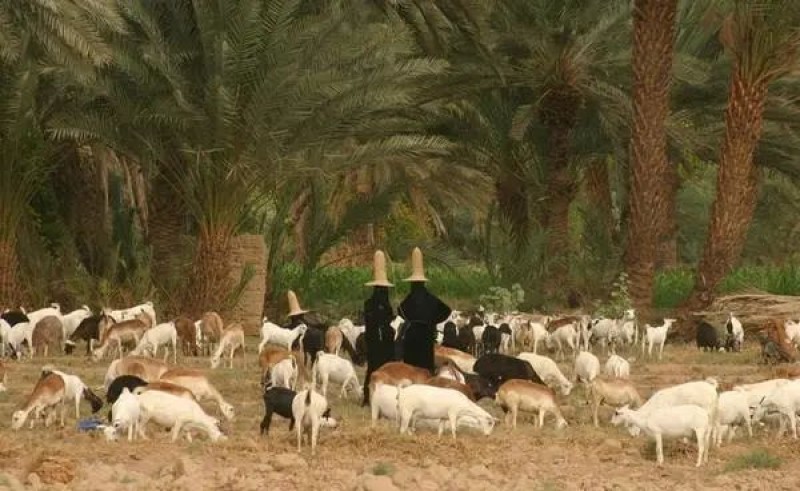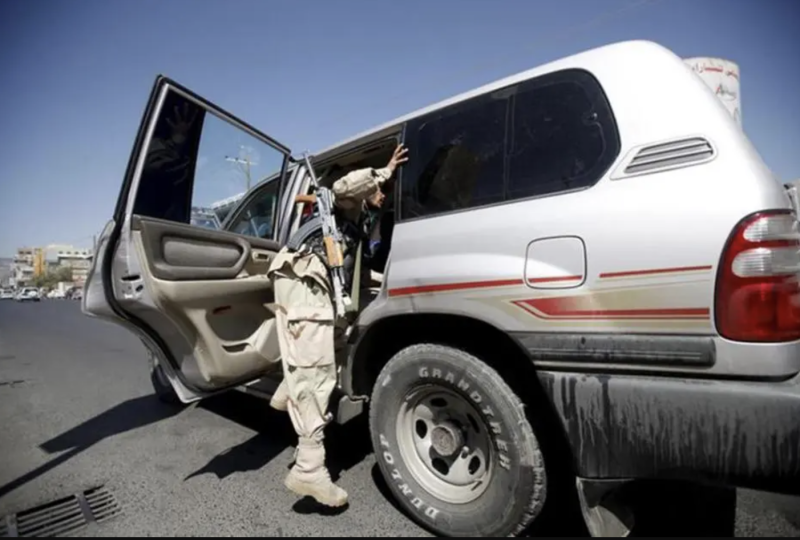Half of kids in Yemen under five have stunted growth, UN says


Since fighting broke out in Yemen four years ago, 7,300 children have been killed or seriously injured in the country, according to the United Nations. And around 360,000 children are suffering from severe acute malnutrition.
Half of the 5 million children in Yemen who are younger than five have irreversible stunted growth.
"Can Yemen afford losing a generation of children?" asked Henrietta Fore, executive director of the United Nations Children's Fund.
"In any conflict, children suffer first. And worst," Fore said while addressing the U.N. Security Council on Wednesday.
Fore said the water table in Yemen is so low that the small aquifers are below the required well depth, and the lack of water can kill children.
"Yemen is a test of our humanity," she said. "And right now, we are badly failing this test."
Ten million Yemenis rely on emergency food assistance to survive, according to U.N. humanitarian chief Mark Lowcock. Food aid is arriving in the country, but not as much as is needed, he said.
"One hundred and thirty agencies worked together to provide 9.8 million people with food, water, healthcare and other assistance" in January and February of this year. He said that in March, the World Food Program fed 10.6 million people -- more than in any previous month.
But he cautioned that the situation remains desperate. "The specter of famine still looms," he said at the Security Council meeting.
He also said a resurgent cholera outbreak has affected 300,000 people so far this year, compared to 370,000 cases in total last year.
Fighting that has led to the desperate conditions continues to plague Yemen. On Thursday, heavy combat took place in the country's south, with Houthi rebels trying to take control of more territory, Yemen's human rights minister said, The Associated Press reported from Sanaa. The Saudi-led coalition fighting the rebels also conducted airstrikes Thursday on Yemen's capital.
Earlier this week, rebels claimed they hit an oil pipeline in Saudi Arabia with a drone.
Speaking to the Security Council, U.S. Deputy Ambassador to the U.N. Jonathan Cohen commended the "tireless effort" of aid teams, but underscored the frustrating stalemate: "This Council acknowledges the tragedy of the man-made crisis in Yemen each time we meet."
"For the fifth year in a row, that tragedy is compounded as the crisis continues," Cohen said, adding, "we worry the world has grown numb to that suffering."
At the same Council meeting, world leaders heard about limited progress on a negotiated end to the fighting, according to U.N. Special Envoy for Yemen, Martin Griffiths.
The U.N. has been negotiating a ceasefire and a withdrawal of forces from Yemen's ports and a plan was agreed to late last year between the warring parties in Stockholm, Sweden, for the pullout of Iran-backed Houthi rebels from three ports in Yemen.
"I hope that the progress we have already witnessed and the subsequent steps the parties intend to take would allow additional areas ... to witness the immediate benefit of increased humanitarian assistance," Griffiths said.
"Yemen remains at the crossroads between war and peace," he added.
AFP.

Sana’a — A tragic incident unfolded in the Bab al-Yemen district of central Sana’a this week, when a Yemeni citizen set himself o…

Sana'a — A Leader affiliated with Houthi militias Leader reportedly abducted two young girls tending sheep in a valley of Al-Ayoubi area, Qa&…

Aden -- Human Rights Watch (HRW) has issued a new report documenting a wave of arbitrary detentions carried out by Houthi authorities in Yemen in r…